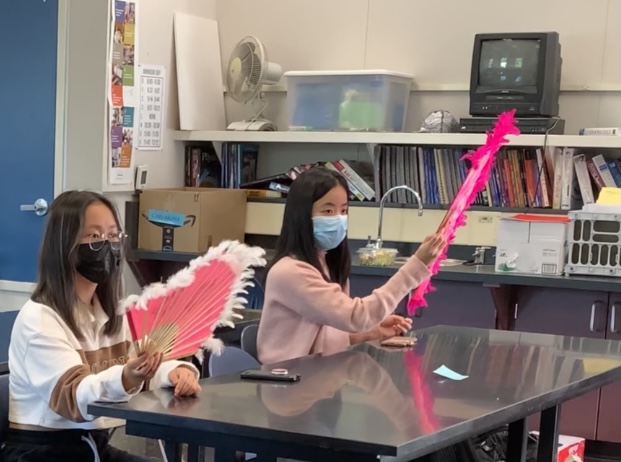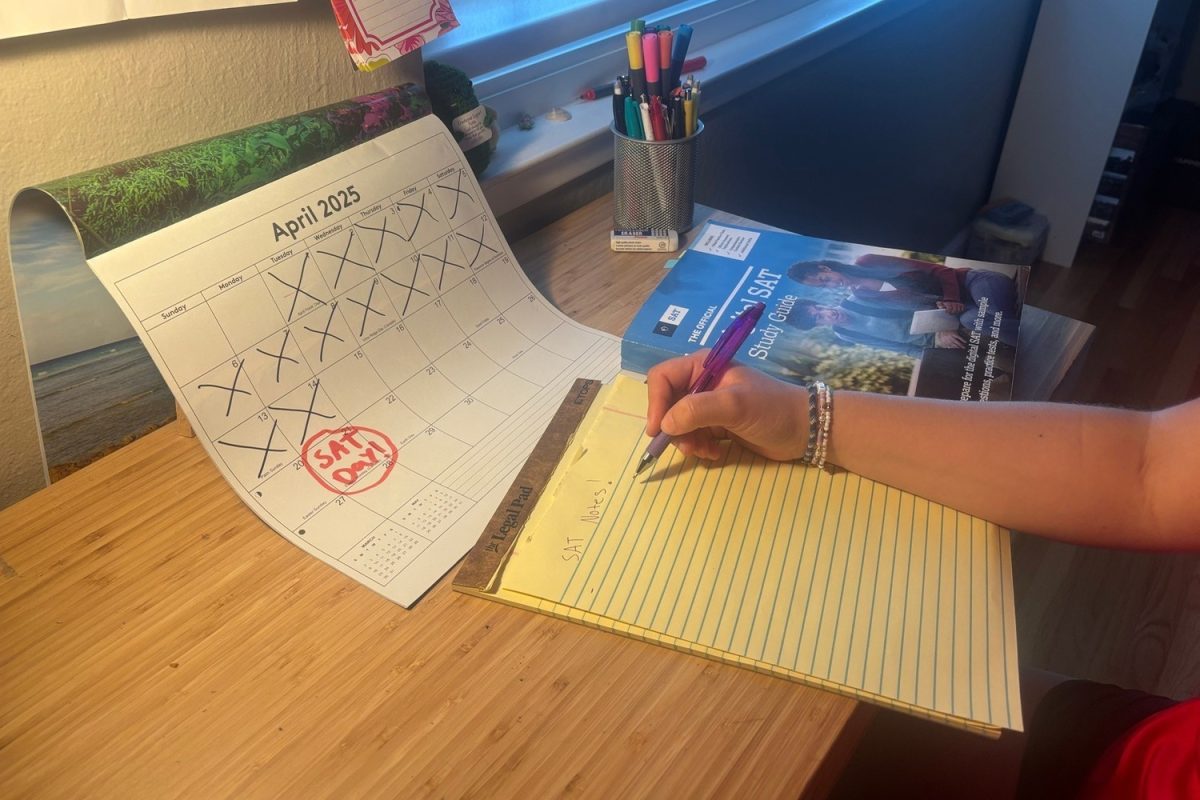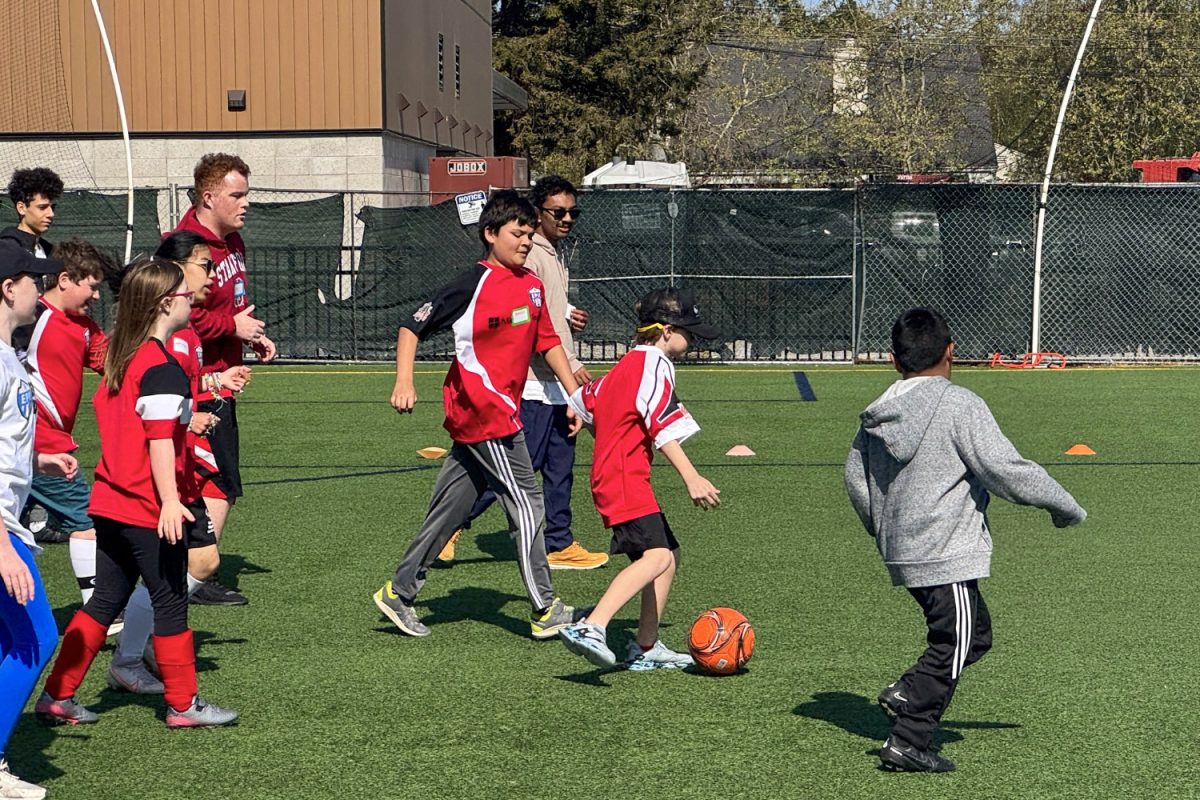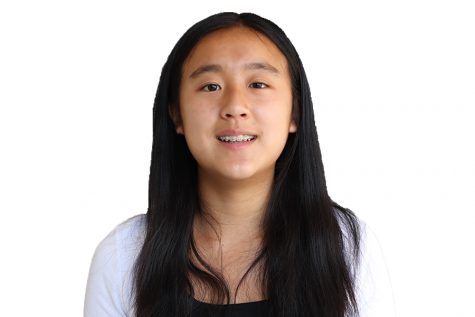Contrary to popular belief, K-pop isn’t the only part of the Korean Culture Club (KCC), though many students seem to use the terms interchangeably, referring to the club as K-pop Club.
Carlmont’s KCC celebrates their country’s unique culture, including aspects of the famous Korean entertainment industry like K-pop and other vital components like their language and traditions.
“While we focus on our love for K-pop and enjoying the music and artists in choreography, we also have a strong focus on the culture as well,” said Elly Xu, the vice president of the KCC.
Like any other club, they also hold events outside of school to foster team bonding and so members can have new exciting experiences. The KCC is already planning for the Heritage Fair in February, where they are going to do dance covers from K-pop artists, and in the past have performed traditional dances.
“We’re in the process of getting ready for Heritage Fair with weekly practices for the dances. We have two dances. I believe one is pop and the other is a traditional fan dance,” said Christine Nam, a junior in the KCC.
The dances are a main concentration for the KCC, and they have already planned out the songs for the club members to learn, excited to share the culture with Carlmont.
“We plan on covering songs that aren’t as popular so people can introduce to those artists and enjoy. Artists like TxT, Dreamcatcher, 21, and APINK but also the traditional Korean fan dance,” Xu said.
The traditional fan dance is called Buchaechum, where dancers with peony-colored fans have neoclassical dances based on past Korean rituals and folk dances.
Besides Buchaechum, the KCC has celebrated Korean cultural festivals, Hangul Day and Chuseok. Hangul Day, a day to celebrate the invention of the Korean alphabet. In fact, Xu learned basic Hangul and presented some background knowledge.
“Hangul was invented to be simple and easy for commoners to learn. Before the invention of Hangul, only the wealthy had the luxury of being able to write and read because they used classical Chinese. So, Hangul day commemorates the invention of Hangul and King Sejong, who was the creator,” Xu said.
At the same time, the KCC covered an even more well-known topic in Korean culture, Chuseok. In addition to being the Korean version of Thanksgiving, Chuseok is also a harvest festival.
“Chuseok is the biggest holiday in Korea. People eat different types of food like rice cakes and sweets, but it is also a time for family and elders. It is also celebrated on the eighth moon, fifteenth day, and it’s at the very end of summer or in early autumn,” said Elizabeth Kao, a junior in the KCC.
The cultural aspects of countries build up the foundations and traditions for their people. Furthermore, many other people across the world, such as the KCC, can appreciate it.
“A nice disclaimer would be that we’re not a K-pop Club. Of course, we do some K-pop, and we do a K-pop dance for the heritage fair, but most of the time, we discuss tv shows, the food, the culture, and the history,” Nam said.












